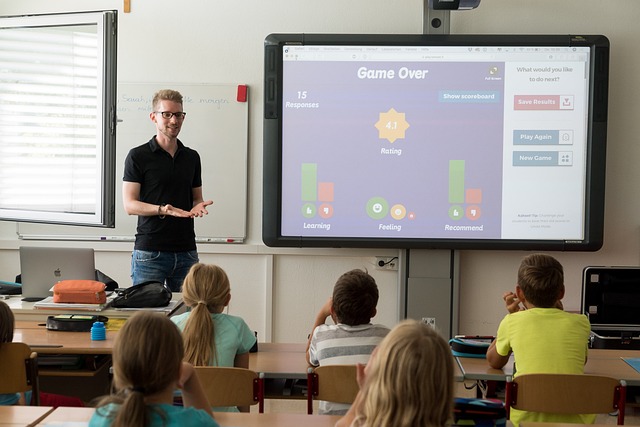Are you pondering which school is the right fit for your child? Faced with a myriad of options, making an informed decision can be perplexing. This article provides a comprehensive overview of the different types of schools available. Is your academic rigor your priority? Or perhaps a focus on the creative arts or technology?
Can the various types of schools cater to your child’s unique learning needs? Let’s embark on this educational journey to find the perfect fit for your child.
Public Schools
Public schools are funded by taxpayers. They are governed by local and state education departments. They often provide a wide range of programs and cater to a diverse student population.
For many families, public schools turn out to be the right choice because they’re accessible and free. These schools follow state-mandated curricula and assessments.
Your child can enjoy a broad scope of academic and extracurricular activities. The right choice, though, depends on your child’s learning style and needs.
Private Schools
Private schools operate independently of the state. They are primarily funded by tuition fees and donations. A key advantage is their ability to offer tailored programs, smaller class sizes, and often more resources in art, music, and sports.
For instance, a private school in Annandale VA, might offer unique enrichment programs that cater to specific student needs. These advantages come at a cost, as private schools charge hefty tuition fees.
Charter Schools
Charter schools offer a unique blend of the education spectrum. They are public schools but operate independently, like private schools. They provide school variety, catering to distinct educational philosophies or innovative teaching methods.
They often feature specialized programs such as STEM focus or arts integration. They are accountable for student achievement and can be closed if they fail to meet performance goals. They can be an excellent choice for families looking for more school variety without the cost of private schools.
Homeschooling
It is one of the most viable educational options for your child. In this model, education is delivered in a home setting, often by parents. This approach allows for personalization of the curriculum, catering to a child’s interests and pace.
Flexibility is a key advantage, with learning happening around the family’s schedule. It may suit those seeking a non-traditional education route. It requires a time commitment from parents and may limit social interactions.
Also Read: I was Homeschooled for Eight Years: Here’s what I Recommend
Virtual Schools
Virtual schools are a recent addition to educational options. They offer instruction through online platforms. Students can study from anywhere with an internet connection.
Virtual schools provide flexibility, like homeschooling. They also offer a structured curriculum. Interaction with teachers and peers happens via digital tools.
These schools can often adapt to individual learning styles. They can be beneficial for students with health issues or busy schedules, like athletes or performers. Yet, they need disciplined self-management.
Learn More About the Types of Schools
The exploration of different types of schools presents a panorama of educational possibilities. Each option, public, private, charter, homeschooling, or virtual, carries unique merits.
The choice hinges on your child’s needs, financial capacity, and educational priorities. The journey of school-type exploration enlightens you to make an informed decision for your child’s educational journey.
Did you find this article helpful? If so, check out the rest of our site for more informative content.


